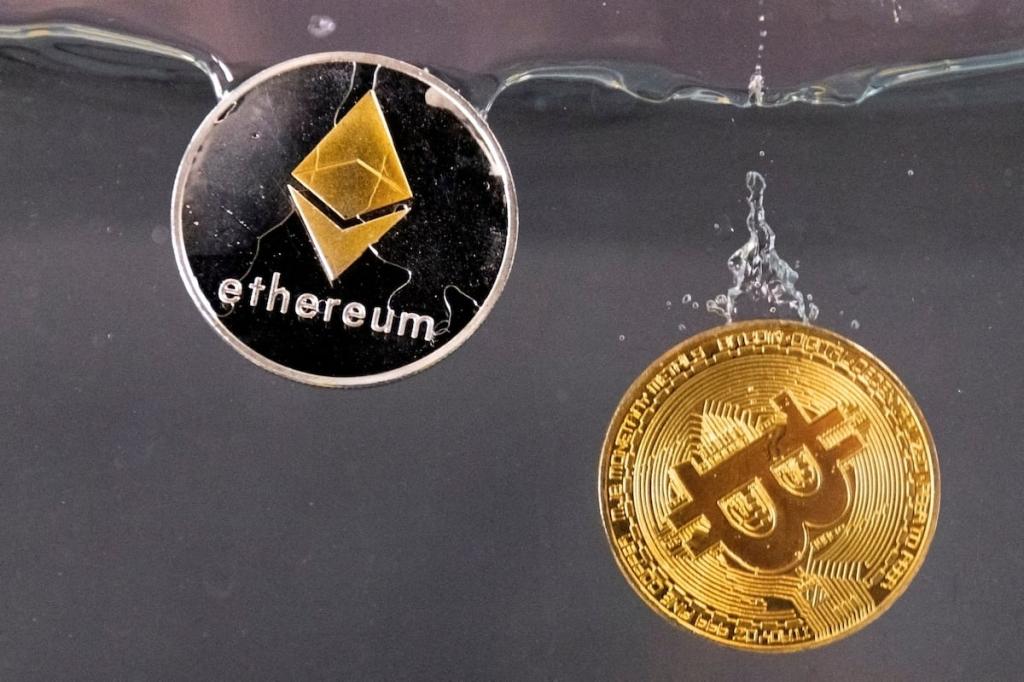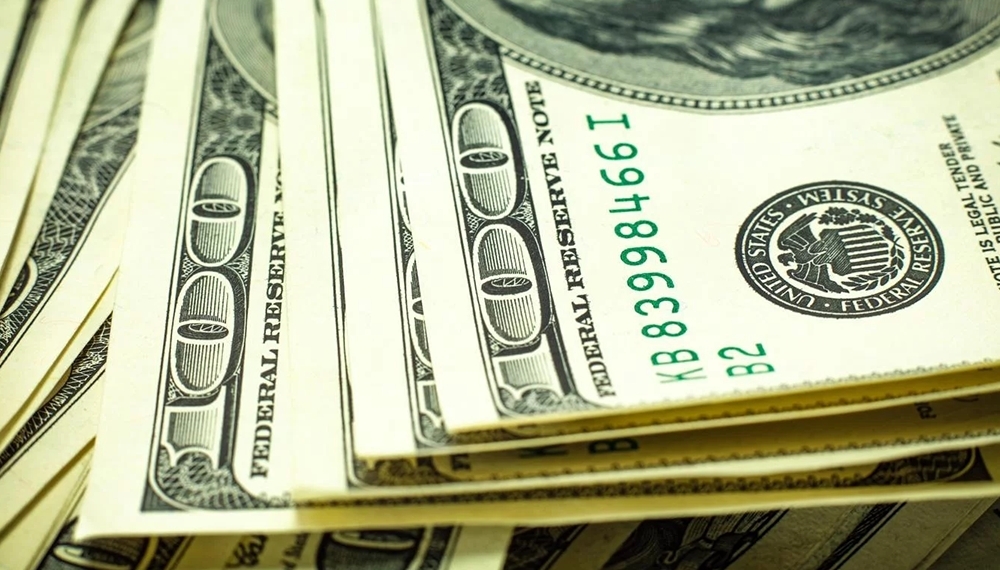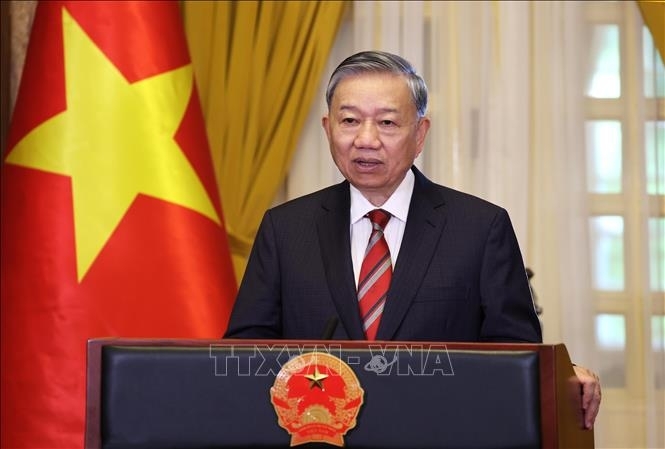Trump's Bitcoin Reserve: A Bold Move for Cryptocurrency's Future
Explore how Trump's new bitcoin reserve could revolutionize the U.S. economy and impact the future of cryptocurrency regulation and investment.

Key Points
- President Trump's executive order to establish a national bitcoin
reserve aims to position the U.S. as a leader in the cryptocurrency space.
- The reserve will include approximately 200,000 confiscated bitcoins, potentially valued at $17 billion, as a digital store of value.
- This initiative could enhance regulatory support for cryptocurrencies while sparking debate about the economic risks and ethical implications involved.
The recent executive order signed by
to establish a national reserve for bitcoin marks a significant milestone in the evolution of digital currencies within the United States. This progressive move aims to position the country as a leading player in the cryptocurrency arena, an objective Trump has expressly endorsed by aiming to turn the U.S. into the 'world capital of cryptocurrency.'
Understanding the Digital Asset Reserve
According to reports, the reserve will comprise bitcoin and potentially other cryptocurrencies, funded primarily through assets that the federal government has confiscated in legal actions. This strategy taps into the estimated 200,000 bitcoins that have been seized, which could amount to a staggering $17 billion if retained rather than sold.
, the cryptocurrency advisor to the
, highlighted that the intention behind this reserve is to create a “Fort Knox for digital currency”, preserving bitcoin as a store of value without liquidating these assets.

Regulatory Support and Market Implications
In conjunction with this initiative, there are signs of a more favorable regulatory environment for cryptocurrencies. As firms in the industry have faced significant scrutiny in the past, the recent withdrawal of legal actions against major cryptocurrency companies signals a shift in approach from federal regulators. This legal reprieve could foster further innovation in an industry that has previously struggled under restrictive regulations.
Importantly, Trump's administration is promoting the idea that investing in bitcoin reserves could potentially assist in alleviating the nation's hefty national debt, which currently stands at $36 trillion. Advocates argue that positioning the government in such a way could not only avert financial jeopardy but also capitalize on the growing acceptance of cryptocurrencies.
Public Perception and Market Response
The announcement of a cryptocurrency summit at the White House has generated much enthusiasm among investors and cryptocurrency advocates, with many considering it a historic win. Following the revelation of the reserve, the prices of cryptocurrencies such as ether, XRP,
, and
saw considerable fluctuations, reflecting the market's responsive nature to regulatory developments. In fact, the promise of a strategic reserve has led to greater optimism regarding the future of digital currencies, as well as their integration into mainstream financial systems.
Challenges and Concerns Ahead
Despite the enthusiasm surrounding Trump's digital asset reserve, skepticism remains regarding the feasibility and implications of such a plan. Critics have raised concerns about the volatility associated with cryptocurrencies, arguing that linking national economic stability to such unpredictable assets could pose a significant risk. The credibility of linking the nation’s economic future to digital assets is being closely monitored by economists and public policy experts.
Furthermore, Trump's personal interests in the cryptocurrency market have sparked ethical debates. With recent reports highlighting his involvement in cryptocurrency business ventures, questions arise about conflicts of interest and the transparency of government motivations. As the country navigates these uncharted waters, it is essential to strike a balance between innovation and ethical governance.
Looking Forward
The establishment of a national digital asset reserve is a transformative step into the future of finance. As the United States attempts to solidify its place in the ever-evolving cryptocurrency landscape, it remains crucial to remain vigilant about potential risks while embracing the opportunities ahead. The administration’s forward-looking stance could very well pave the way for a more robust digital economy.
In summary, President Trump’s recent executive order to create a strategic reserve of bitcoin signifies a pivotal moment in the role of digital currencies in the U.S. economy. With this experiment, the hope is to not only bolster the financial standing of the nation but also to prioritize stability in an emerging realm fraught with uncertainty.


